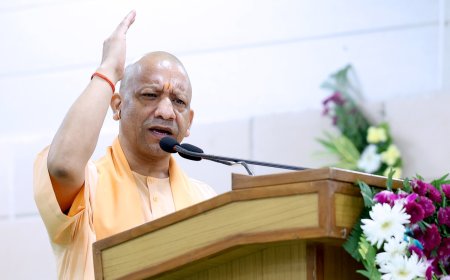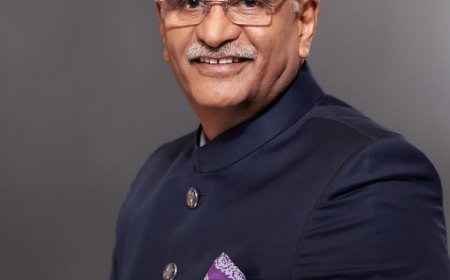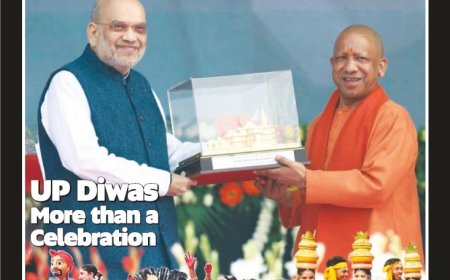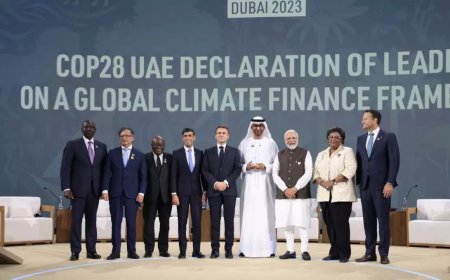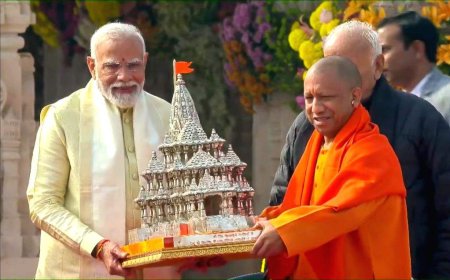Strategic Silence? India’s Powerful Stance on the World Stage
Strategic Silence? India’s Powerful Stance on the World Stage
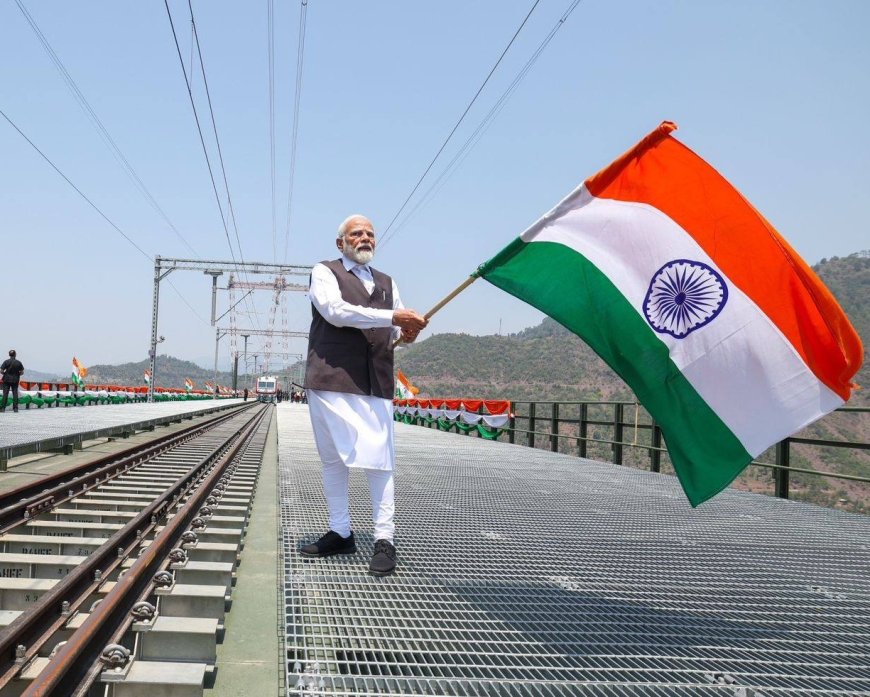
India’s foreign policy in 2025 stands as a masterclass in strategic autonomy—an evolved form of non-alignment—anchored in pragmatism and national interest. As a rising global power, India straddles numerous complex geopolitical flashpoints—from the Israel-Iran conflict and the Russia-Ukraine war to enduring tensions with Pakistan and instability across the Middle East. At its core, India’s approach prioritizes economic security, energy resilience, and regional influence while carefully managing relations with rival global powers and championing the voice of the Global South.
The Israel-Iran Conundrum: A Delicate Balancing Act
India’s handling of the escalating Israel-Iran conflict showcases its diplomatic finesse. Maintaining strong ties with both countries—Israel in defense and tech, and Iran in energy and strategic connectivity via the Chabahar Port and INSTC—India has taken a firm stand on neutrality. Following Israeli strikes on Iran, External Affairs Minister S. Jaishankar expressed “deep concern” and urged restraint. Crucially, India declined to endorse the Shanghai Cooperation Organisation’s condemnation of Israel, resisting pressure from China and Russia. This choice, while causing friction with Tehran, preserved India’s growing partnership with Israel—a nation that supported India during its recent clash with Pakistan.
India’s neutrality is also rooted in hard economic logic. Roughly 60-65% of its oil imports pass through the vulnerable Strait of Hormuz, a chokepoint now shadowed by potential conflict. To ensure citizen safety, New Delhi swiftly executed Operation Sindhu, evacuating 2,295 citizens from Iran and 604 from Israel, underscoring its people-first diplomacy.
Russia-Ukraine War: A Testament to Non-Alignment
Since Russia’s invasion of Ukraine in February 2022, India has upheld its non-aligned stance. It has abstained from UN resolutions critical of Moscow, extended humanitarian aid via Operation Brahma, and avoided explicit condemnation. Russia remains a vital arms supplier and now provides over 40% of India’s discounted crude oil. Meanwhile, India continues engagement with Ukraine and Western allies via the Quad, reflecting its deft multi-alignment strategy.
Prime Minister Modi’s oft-quoted remark, “This is not an era of war,” has become emblematic of India’s call for peace without alienating key strategic partners.
India-Pakistan Tensions: An Assertive Posture
The May 2025 India-Pakistan conflict, sparked by a terror attack in Kashmir killing 26 tourists, reaffirmed India’s hardline stance on cross-border terrorism. Operation Sindoor, a series of precision strikes, drew retaliatory drone attacks from Pakistan. A ceasefire was brokered on May 10, but India soon suspended the Indus Waters Treaty—marking a historic shift in pressure tactics.
India rejected U.S. mediation efforts—President Trump’s offer was firmly declined, with India reiterating the issue as bilateral. Simultaneously, India launched an aggressive diplomatic campaign, dispatching envoys to over 20 capitals to present its case and blunt Pakistan’s narrative. Domestically and internationally, India’s zero-tolerance policy toward terrorism received support, though recent U.S. overtures to Pakistan have sparked concerns in New Delhi.
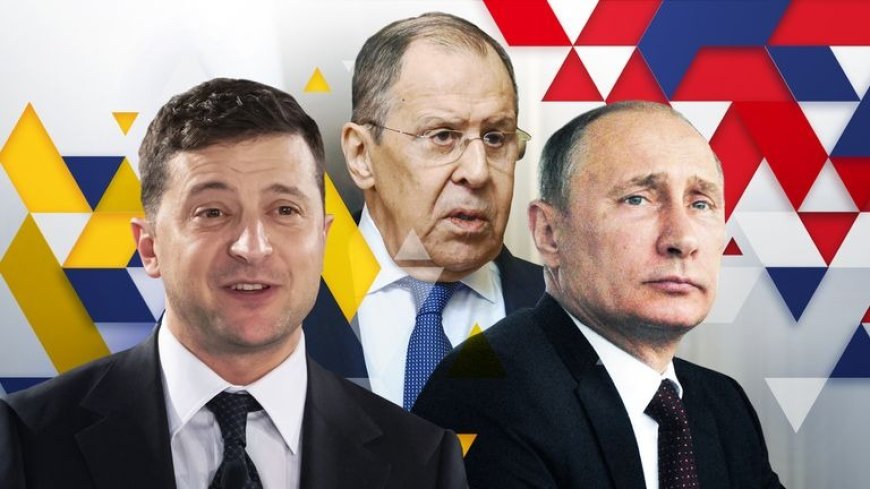
Middle East and Global Engagements
India’s broader engagement with West Asia remains marked by caution and humanitarian concern. Amid Israel’s military operations in Gaza and ongoing strife in Sudan, India has called for de-escalation while staying clear of public condemnation. Congress leader Sonia Gandhi criticized this silence, arguing India has a moral responsibility to mediate. Yet, India’s restraint is guided by critical stakes—millions of expatriates and core energy flows from the region.
The volatile situation also affected civil aviation, prompting Air India to briefly suspend flights amid Iranian strikes on U.S. bases. India has diversified oil sources—turning to Russia and the U.S.—to shield itself from disruptions in the Strait of Hormuz.
On the global stage, India asserts itself as a voice for the Global South. It advocates multipolarity through robust engagement with BRICS and the SCO while resisting Western-dominated frameworks. Within the G20 and Quad, India continues to play a stabilizing role, balancing its independent posture with collaborative influence.
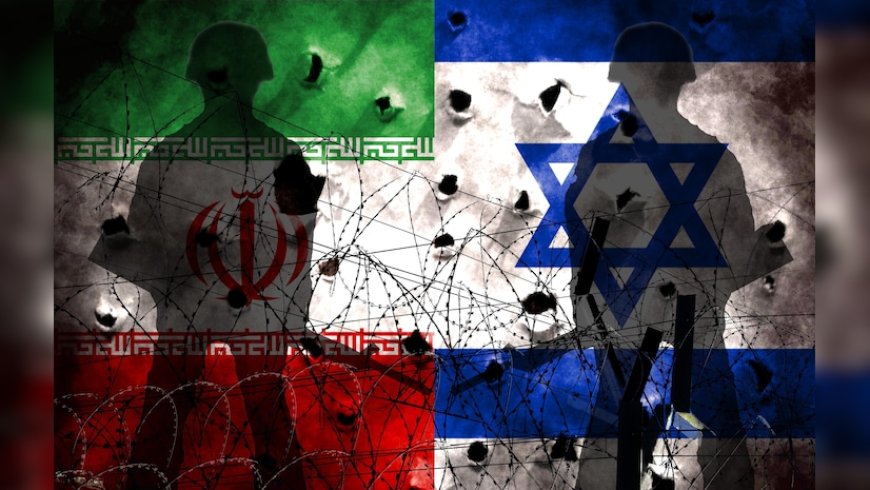
Strategic Imperatives and Domestic Drivers
India’s foreign policy is inseparable from its domestic goals: securing energy, sustaining economic growth, and combating terrorism. While its neutral positions provide flexibility, they risk misinterpretation or diplomatic isolation. Critics argue India’s silence on crises like Gaza aligns it with Western powers, potentially straining relations with Muslim-majority nations. However, supporters see this as a “Bharat First” approach—where national interest leads, but global peace remains the guiding principle.
India’s refusal to join formal alliances reinforces its identity as an autonomous actor. Strategic silence, far from passive, is a calibrated choice in an increasingly polarized world.
What's Your Reaction?















